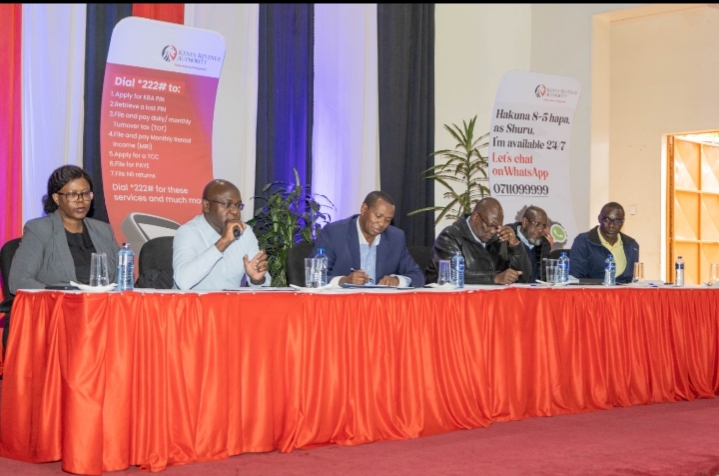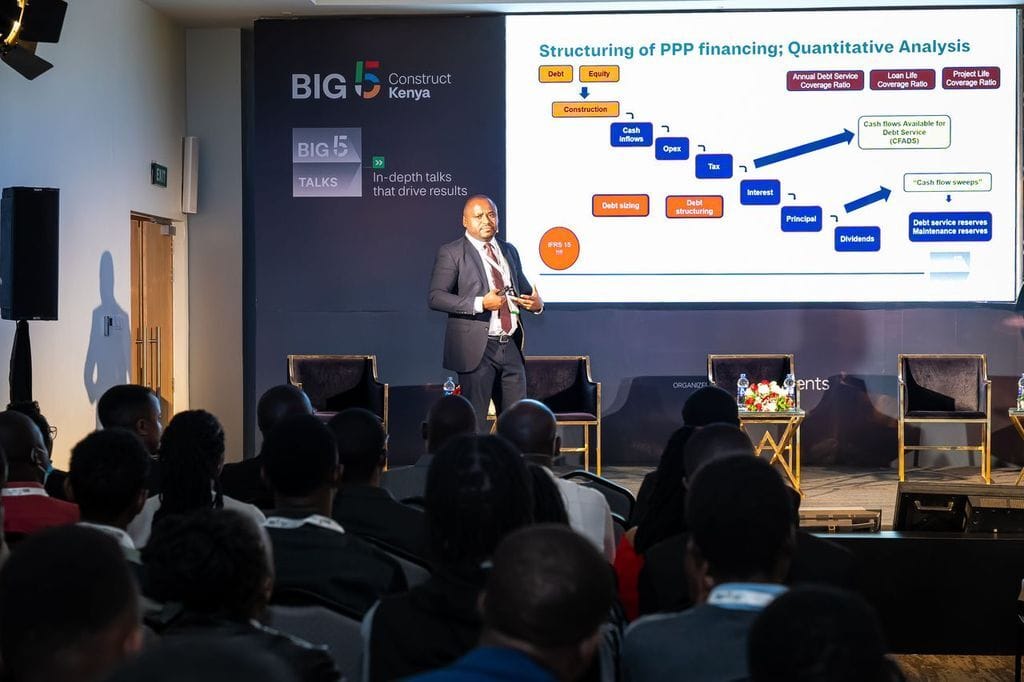DCJ Mwilu Applauds High Court’s Role in Driving Devolution Over 15 Years

Judiciary’s decentralized presence hailed as a pillar of governance and access to justice
Deputy Chief Justice (DCJ) Philomena Mbete Mwilu has praised the High Court for its central role in shaping Kenya’s devolution landscape, lauding its contribution to governance, constitutionalism, and access to justice over the last 15 years.
Speaking during the 2025 High Court Leaders’ Conference in Mombasa, DCJ Mwilu highlighted the Judiciary’s efforts in interpreting and reinforcing the legal framework established by the 2010 Constitution. She described the High Court’s jurisprudence as pivotal in defining the structure of devolution and promoting equity, inclusivity, and justice across both national and county levels.
“The High Court’s presence in all 47 counties demonstrates our commitment to bringing justice closer to the people,” said Mwilu. “By decentralizing services, the Court has not only improved access to justice but also strengthened public trust in the rule of law.”
She commended the Court’s critical role in resolving intergovernmental disputes, determining the limits of national and county government powers, and safeguarding constitutional rights at the grassroots. The DCJ emphasized that judicial leaders must tailor justice to local contexts, in line with the conference’s theme: “15 Years of Devolution: The High Court’s Role in Shaping Governance.”
“Leadership that ignores context is like a map with no landmarks—misguided at best, dangerous at worst,” she said, urging judges to nurture legal cultures that reflect their communities’ unique realities.
Mwilu further noted the alignment between the goals of devolution under Article 174 of the Constitution and the Judiciary’s reform efforts, from the Judiciary Transformation Framework (JTF) to the current Social Transformation through Access to Justice (STAJ). She called on judges to uphold “absolute accountability” and remain faithful to their constitutional duties.
“The next phase of devolution requires innovative approaches to service delivery, conflict resolution, and rights protection,” she added. “The High Court must remain a vigilant guardian of constitutionalism and local empowerment.”
Senate Speaker Amason Kingi, who also addressed the forum, described the conference theme as timely and reflective. “It allows us to assess how far we’ve come since the 2010 Constitution and how institutions like the Senate and Judiciary have nurtured the devolution journey,” he said.
High Court Principal Judge Eric Ogola reaffirmed the Court’s leadership in judicial devolution, citing the recent gazettement of the Wajir High Court Sub-Registry on April 2, 2025, as a milestone.
“The establishment of High Court services in every county is a cornerstone of our STAJ blueprint,” said Justice Ogola. “It ensures every Kenyan, regardless of location, can access fair and timely judicial services.”
Chief Registrar of the Judiciary Winfridah Mokaya echoed these sentiments, highlighting the High Court’s resilience in ruling on politically sensitive matters such as impeachments, intergovernmental conflicts, and budgetary disputes.
“Our judges have consistently demonstrated courage, integrity, and fidelity to the Constitution,” Mokaya said.
Also present were Mombasa Deputy Governor Francis Thoya and Employment and Labour Relations Court Principal Judge Byram Ongaya. The conference brought together High Court judges and Deputy Registrars from across Kenya for critical deliberations on justice, governance, and the future of devolution.





